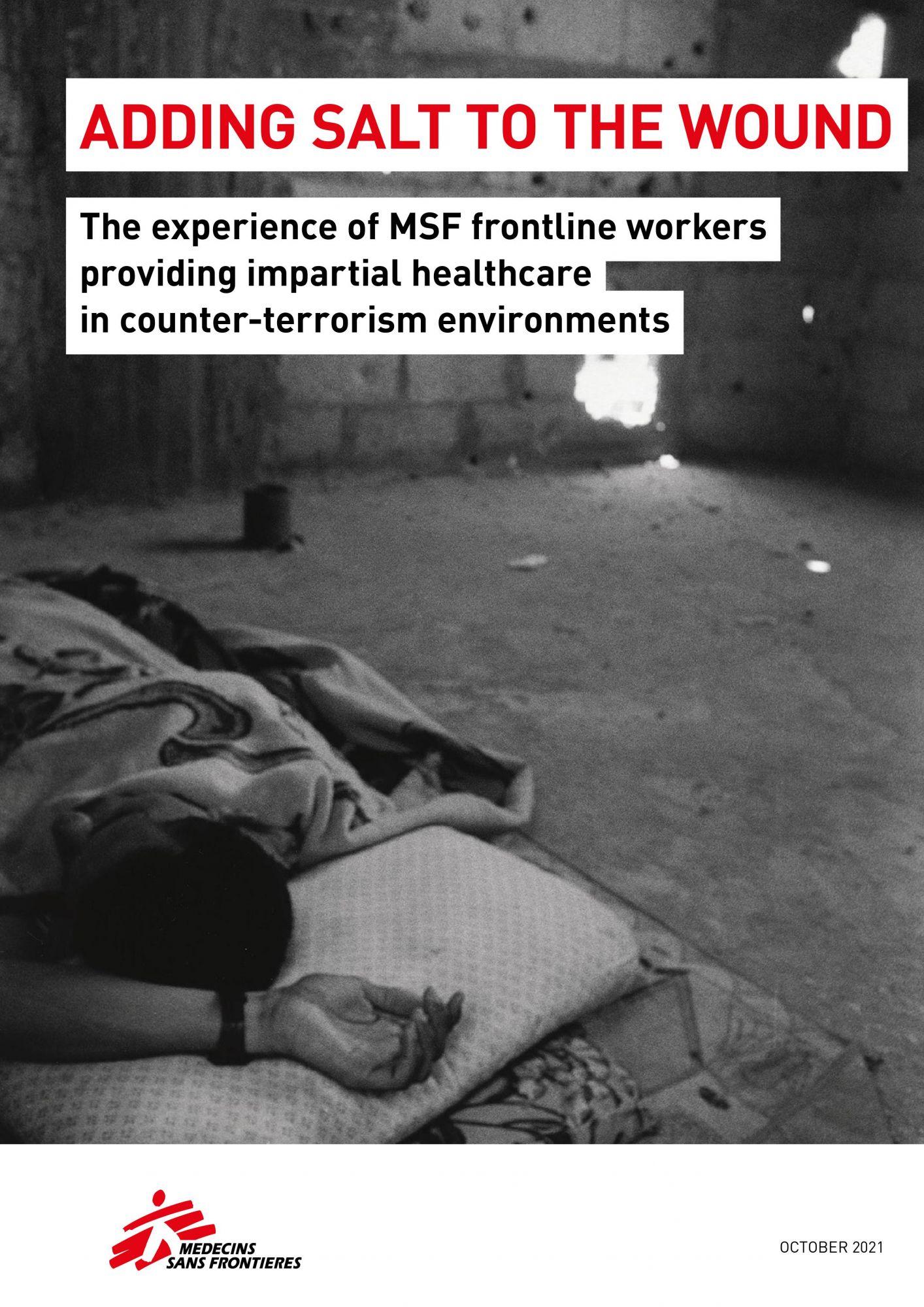It has been 50 years since Médecins Sans Frontières/Doctors Without Borders (MSF) launched its medical humanitarian work and 20 years since the start of the ‘Global War on Terror’. In those 20 years, counter-terrorism has come to define military operations far beyond those launched by the United States in response to the attacks of 11 September 2001. The US’s ‘war on terror’ paved the way for other states to launch their own battles against domestic and transnational enemies, without the same constraints as in a conventional armed conflict between states. While this may not have fundamentally changed the nature of warfare, it has changed the way it is justified. Today, the conflicts in Ethiopia, Yemen, Syria, Iraq, Nigeria, Mozambique, Mali and countless other places are defined as ‘battles against terrorism’. The trend seems set to continue, as states find comfort in the expansive powers offered by fighting an enemy designated as ‘terrorist’.
How has the ever-expanding global ‘war on terror’ impacted the delivery of impartial healthcare in conflict zones for an organisation like MSF? This public report – “Adding salt to the wound” – is based on research conducted with frontline MSF workers, from ambulance drivers to hospital managers, all of whom come from and work in three of the countries most affected by the ‘war on terror’: Afghanistan, Iraq and Nigeria.
